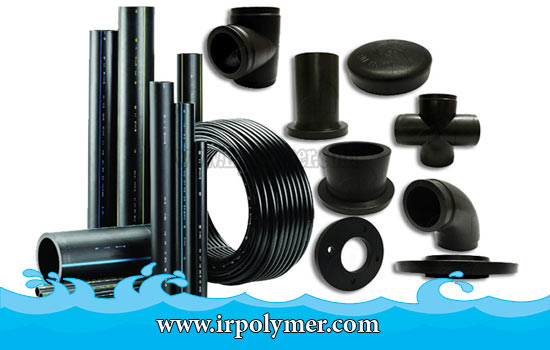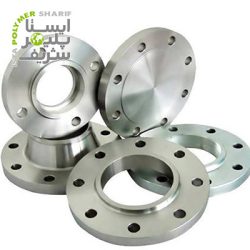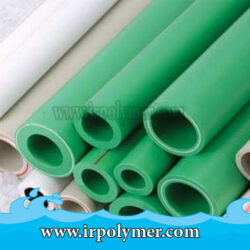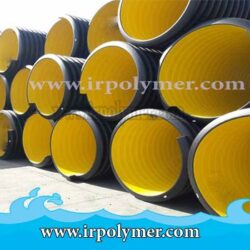These pipes are made from a polymer called polyethylene, which gives them unique characteristics that make them very popular, similar to polyethylene tanks. Compared to steel and concrete pipes, polyethylene pipes are lighter, making them easier to transport and install. They can withstand weather stress and are not damaged by cold. Their high resistance to acidic conditions, chemicals, and pressure is one of the reasons for their popularity. Additionally, they have a very smooth interior surface, providing excellent flow capacity. Polyethylene pipes are more flexible than other pipes, which results in lower costs and easier .installation
Applications of Polyethylene Pipes
Polyethylene pipes are flexible and suitable for transporting gases and liquids. Due to their unique properties, they are ideal for:
- Water supply systems
- Gas distribution networks
- Sewage and drainage pipes
- Electrical conduits
- Firefighting systems
- Rural irrigation
- Slurry transportation lines
Types of Polyethylene Pipes
Polyethylene pipes come in various types, each with specific applications. These include:
- Single-wall polyethylene pipes
- Double-wall corrugated polyethylene pipes
- Irrigation pipes
- PEX pipes
- PERT pipes
- Drip irrigation polyethylene pipes
Single-Wall Polyethylene Pipes
These single-wall pipes are used in different diameters and can handle pressures ranging from 20 to 40 bars.
Applications of Single-Wall Pipes
- Urban and rural water supply networks
- Urban and rural sewage systems
- Drainage networks
- Industrial liquid and sewage systems
- Pressurized irrigation systems
- Moving irrigation systems
- Cable ducting/fiber optic cable covers
- Electrical cable covers
- Metal pipe covers
- Ventilation ducts
- Gas distribution
Irrigation Pipes
- High-density polyethylene pipes (HDPE)
- Low-density polyethylene pipes (LDPE)
Drip Irrigation Polyethylene Pipes
One of the most common uses of these pipes is for drip irrigation worldwide. These pipes, known as drip or emitter pipes, release water at low pressure, allowing it to flow to the base of plants. They are produced in coils of 400 to 500 meters, weighing between 10.5 to 21 kilograms, and are approximately 16 mm in size, made according to PE 80 and PE 100 standards.
Pricing of Polyethylene Pipes
The price of polyethylene pipes depends on the amount and quality of the materials used. The material composition varies for PE40, PE63, PE80, and PE100 pipes. The purity of the materials, meaning the ratio of virgin materials to recycled content like granules or compounds, also affects the price. Pipes made with recycled materials have specific uses, while those for more sensitive and high-pressure applications require higher purity and fewer recycled materials. Other factors influencing the price include pipe size and coil length.




